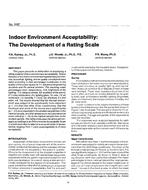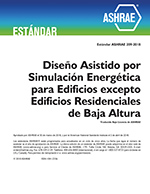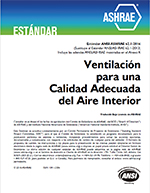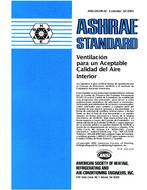Description
This paper presents an initial effort at developing a rating scale for indoor environment acceptability. Twelve features of the indoor environment representing the thermal, acoustical, lighting, and air quality constituents were rated according to their percentage contribution to the quafity of the indoor space by 111 advanced engineering students and 89 clerical workers. The resulting mean percentages were: temperature, 15.8; brightness of the lighting, 11.0; tobacco smoke, 9.9; loudness of the sound, 8. 7; noisy distractions, 8.6; lighting glare, 7.9; odor, 7.5; air movement, 7.2; humidity 7.1; dust, 6.6; shadows, 5.1; and pitch, 4.6. The results showed that the thermal environment was judged to be significantly more important (p < .01) than the other three constituents, that the loudness and pitch of the sound were significantly (p < .01) more important to the student sample than to the clerical sample, and that temperature was perceived as more critical (p < .05) to the clerical sample than to the student sample. The rating scale uses the above percentages as loadings in an Environmental Acceptability Scale in which each item is rated on a six-point scale of acceptability ranging from 1 (very unacceptable) to 6 (very acceptable).
Citation: ASHRAE Transactions, vol. 95, pt. 1, Chicago 1989
Product Details
- Published:
- 1989
- Number of Pages:
- 5
- File Size:
- 1 file , 590 KB
- Product Code(s):
- D-23562




